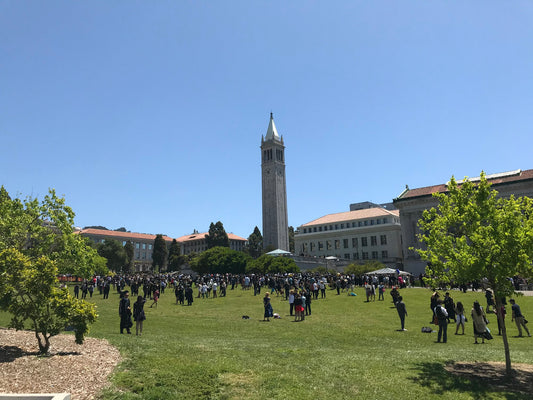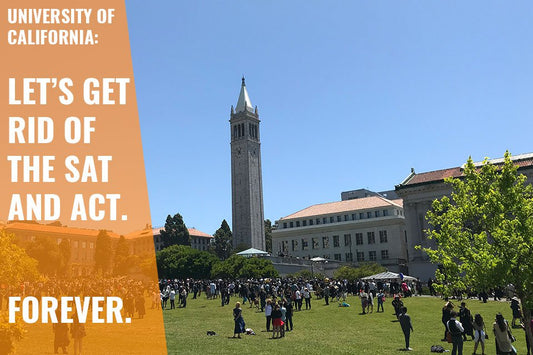TestMagic Blog: College and high school admissions

Institutional Priorities: Why a 'Perfect' Appli...
The Hidden Factor That Could Make or Break Your College Application Ever wondered why some students with all A's and 99 percentile SAT scores get rejected while others with average...
Institutional Priorities: Why a 'Perfect' Appli...
The Hidden Factor That Could Make or Break Your College Application Ever wondered why some students with all A's and 99 percentile SAT scores get rejected while others with average...

HSPT Test Dates for the San Francisco Bay Area ...
HSPT test dates for the San Francisco Bay Area in the USA. Updated for 2024.
HSPT Test Dates for the San Francisco Bay Area ...
HSPT test dates for the San Francisco Bay Area in the USA. Updated for 2024.

Writing the hardship essay for your college app...
Candid advice about writing your hardship essay for your college application: Advice, tips, and examples.
Writing the hardship essay for your college app...
Candid advice about writing your hardship essay for your college application: Advice, tips, and examples.

Your college essay: I don't know what to write!
An overview on how to come up with a topic for your college admissions essay.
Your college essay: I don't know what to write!
An overview on how to come up with a topic for your college admissions essay.

UC and CSU to require COVID-19 vaccinations
The University of California and California State University have announced that they will start requiring students, faculty, and staff to be vaccinated against COVID-19 starting in the fall of 2021...
UC and CSU to require COVID-19 vaccinations
The University of California and California State University have announced that they will start requiring students, faculty, and staff to be vaccinated against COVID-19 starting in the fall of 2021...

The 5 ways COVID-19 is changing UC admissions
In May of 2020, the University of California Board of Regents voted unanimously to make five historic changes to how it admits students applying to the University of California.
The 5 ways COVID-19 is changing UC admissions
In May of 2020, the University of California Board of Regents voted unanimously to make five historic changes to how it admits students applying to the University of California.
